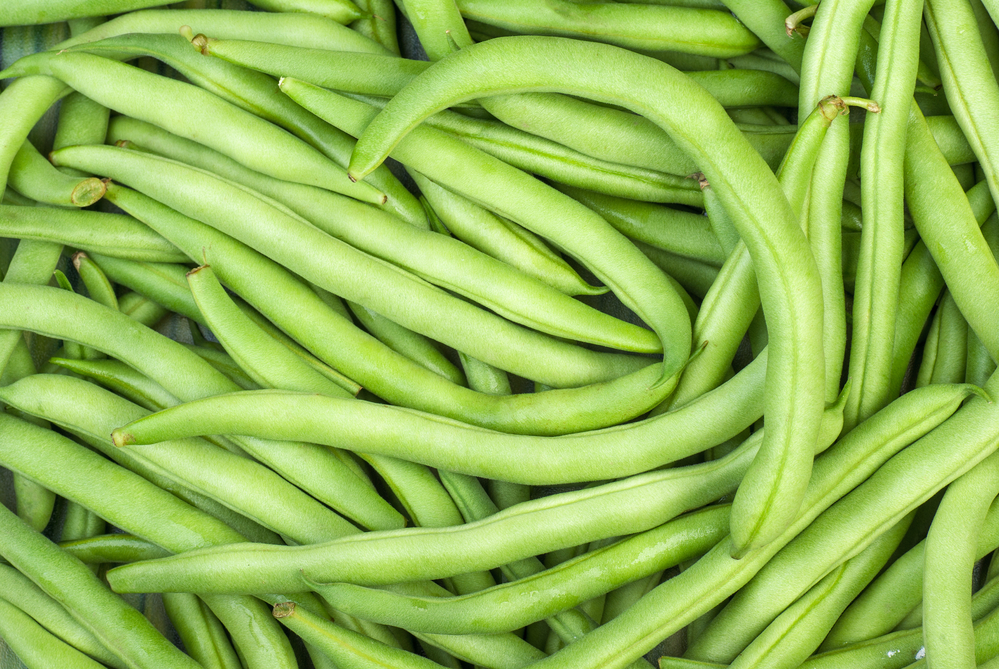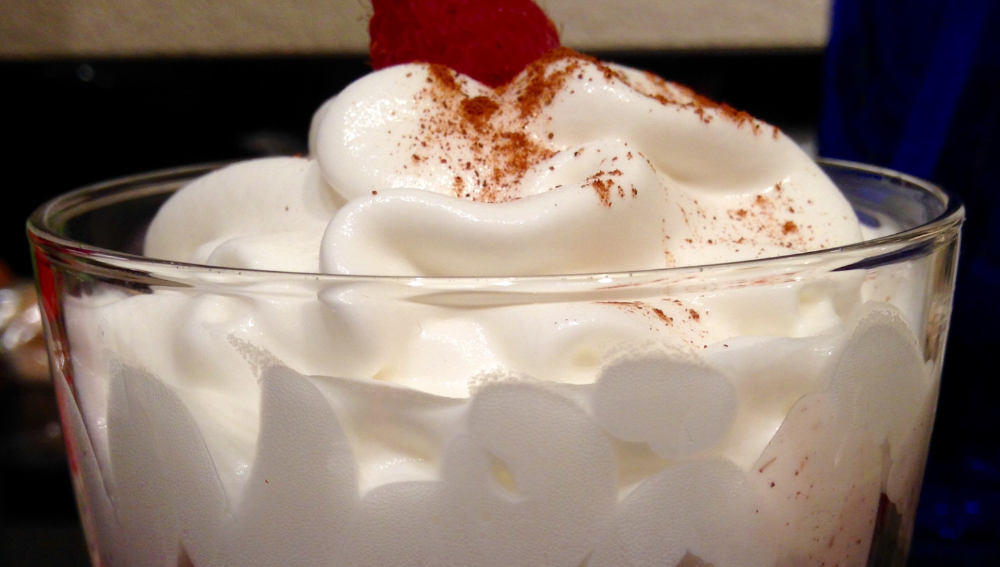Scallions, also known as green onions, are a common ingredient in many cuisines around the world. They add a fresh, onion-like flavor to dishes and are often used as a garnish or in salads.
However, scallions may not always be available or preferred by some individuals. In such cases, it’s good to know about scallion substitutes that can be used in place of scallions.
Understanding scallions is important to know how to substitute them. Scallions are young onions that are harvested before they develop a bulb. They have a mild flavor and can be eaten raw or cooked. Scallions are often used in Asian cuisine, particularly in Chinese and Korean dishes.
They are also used in Mexican and Southwestern cuisine. Scallions are a good source of vitamins A and C, and they are low in calories.
Key Takeaways
- Scallions are young onions that are harvested before they develop a bulb and are a common ingredient in many cuisines.
- Scallion substitutes can be used in place of scallions when they are not available or preferred.
- Chives, leeks, shallots, and spring onions are some common substitutes for scallions.
Understanding Scallions

Scallions are a type of onion with long, slender green stalks and small white bulbs. They are also known as green onions, salad onions, or spring onions. Scallions are part of the allium family, which includes onions, garlic, leeks, and chives.
Scallions are a species of onion that are harvested before the bulb fully develops. They have a mild, sweet flavor and are often used raw in salads, salsas, and as a garnish. Scallions can also be cooked and used in soups, stir-fries, and other dishes.
One of the benefits of using scallions is that they are low in calories and high in nutrients. They are a good source of vitamin C, vitamin K, and fiber. Scallions also contain antioxidants that may help reduce inflammation and lower the risk of chronic diseases.
It is important to note that scallions are not the same as shallots or green garlic, although they may look similar. Shallots are a type of onion with a more complex flavor, while green garlic is a young garlic plant that has not yet formed a bulb.
Overall, scallions are a versatile and healthy ingredient that can be used in a variety of dishes. They are easy to find in most grocery stores and can be stored in the refrigerator for up to a week.
The Role of Scallions in Cuisine

Scallions, also known as green onions or spring onions, are a popular ingredient in many cuisines around the world. They are a member of the allium family, which also includes garlic, shallots, and onions. Scallions are characterized by their long, green stems and small, white bulbs.
One of the primary benefits of scallions is their flavor. They have a mild, onion-like taste that can add depth and complexity to a wide variety of dishes. Scallions are often used as a garnish, either chopped finely or sliced into thin rings, to add a pop of color and flavor to soups, salads, and other dishes.
Scallions are also a popular ingredient in stir-fry dishes, where they are often paired with other vegetables, meats, and sauces.
They can be used raw or cooked, depending on the recipe and desired flavor profile. Scallions are also a popular choice for vegetarian dishes, as they add flavor and texture without the need for meat.
In addition to their culinary uses, scallions are also rich in vitamins and minerals. They are a good source of vitamin C, vitamin K, and folate, as well as several antioxidants. Scallions are also low in calories and high in fiber, making them a healthy addition to any diet.
Overall, scallions play an important role in many different cuisines and dishes. Whether used as a garnish or a primary ingredient, they add flavor, texture, and nutrition to a wide variety of recipes.
Common Scallion Substitutes

When it comes to substituting scallions, there are plenty of options available that can add a similar flavor to your dishes.
Here are some of the most common scallion substitutes:
Chives
Chives are one of the most popular substitutes for scallions. They have a similar onion-like flavor and can be used in a variety of dishes. Chives are especially great for garnishing soups, salads, and baked potatoes. They can also be used in place of scallions in recipes that call for raw scallions.
Spring Onions
Spring onions are another great substitute for scallions. They have a mild onion flavor and can be used in a variety of dishes. Spring onions are especially great for grilling, roasting, and sautéing. They can also be used in place of scallions in recipes that call for cooked scallions.
Shallots
Shallots are a great substitute for scallions in recipes that call for cooked scallions. They have a similar flavor to scallions but are milder and sweeter. Shallots can be used in a variety of dishes, including soups, stews, and sauces.
Onions
Onions are a good substitute for scallions in recipes that call for cooked scallions. They have a stronger flavor than scallions, so it’s best to use them in moderation. Onions can be used in a variety of dishes, including stir-fries, casseroles, and soups.
Leeks
Leeks are a good substitute for scallions in recipes that call for cooked scallions. They have a milder flavor than scallions and can be used in a variety of dishes, including soups, stews, and casseroles.
Garlic
Garlic is a good substitute for scallions in recipes that call for cooked scallions. It has a strong flavor, so it’s best to use it in moderation. Garlic can be used in a variety of dishes, including stir-fries, casseroles, and soups.
Green Onions
Green onions are a good substitute for scallions in recipes that call for raw scallions. They have a similar flavor to scallions and can be used in a variety of dishes, including salads, sandwiches, and wraps.
Onion Powder
Onion powder is a good substitute for scallions in recipes that call for cooked scallions. It has a milder flavor than scallions, so it’s best to use it in moderation. Onion powder can be used in a variety of dishes, including soups, stews, and casseroles.
Brown Onion
Brown onions are a good substitute for scallions in recipes that call for cooked scallions. They have a stronger flavor than scallions, so it’s best to use them in moderation. Brown onions can be used in a variety of dishes, including stir-fries, casseroles, and soups.
Garlic Chives
Garlic chives are a good substitute for scallions in recipes that call for raw scallions. They have a similar flavor to scallions and can be used in a variety of dishes, including salads, sandwiches, and wraps.
Garlic Scapes
Garlic scapes are a good substitute for scallions in recipes that call for raw scallions. They have a similar flavor to scallions and can be used in a variety of dishes, including salads, sandwiches, and wraps.
Overall, there are plenty of scallion substitutes available that can add a similar flavor to your dishes. Whether you’re looking for a substitute for raw or cooked scallions, there’s an option out there for you.
Substitute Selection Based on Dishes

When it comes to choosing the right scallion substitute, it’s important to consider the dish you’ll be using it in.
Some dishes may require a milder substitute, while others may need a stronger flavor to stand up to the other ingredients. Here are some suggestions for scallion substitutes based on the type of dish:
Soups
Soups often call for scallions as a garnish or to add a subtle onion flavor. When substituting scallions in soups, it’s important to choose a substitute that won’t overpower the other ingredients.
Chives are a great substitute for scallions in soups, as they have a mild onion flavor that won’t overpower the soup.
Salads
Scallions are often used in salads to add a pop of color and flavor. When substituting scallions in salads, it’s important to choose a substitute that will add a similar crunch and onion flavor. Spring onions are a great substitute for scallions in salads, as they have a similar texture and flavor.
Eggs
Scallions are often used in egg dishes to add flavor and color. When substituting scallions in egg dishes, it’s important to choose a substitute that will add a similar onion flavor. Shallots are a great substitute for scallions in egg dishes, as they have a similar mild onion flavor.
Other Dishes
When substituting scallions in other dishes, it’s important to consider the overall flavor profile of the dish. If the dish has a strong flavor, a milder substitute like chives may be appropriate. If the dish is more mild, a stronger substitute like spring onions may be necessary.
Overall, there are many scallion substitutes that can be used in a variety of dishes. Choosing the right substitute will depend on the dish and the overall flavor profile.
Considerations for Scallion Substitutes

When looking for a scallion substitute, there are a few important factors to consider. The flavor profile and texture of the substitute are key considerations, as well as whether the recipe calls for raw or cooked scallions.
Other factors to consider include the temperature at which the substitute will be used and whether a mild flavor is desired.
One popular substitute for scallions is raw onion. Raw onion has a similar flavor profile to scallions, but lacks the herbaceous notes that scallions provide.
Raw onion can be used in a variety of recipes, including salads and sandwiches. When using raw onion as a substitute, it is important to chop it finely to match the texture of scallions.
Another option for a scallion substitute is chives. Chives have a mild onion flavor and a similar texture to scallions, making them a great substitute for raw preparations. They can be chopped finely and sprinkled over dishes as a garnish or used in dips and spreads.
When cooking with a scallion substitute, it is important to consider the temperature at which the dish will be prepared. Some substitutes, such as raw onion, may not hold up well to high heat and can become bitter or lose their flavor. In these cases, it may be best to use a substitute that is more heat-resistant, such as leeks or shallots.
Overall, there are many versatile vegetables that can be used as a substitute for scallions, depending on the recipe and desired flavor profile.
By considering factors such as texture, flavor, and temperature, it is possible to find a suitable substitute that will work well in a variety of dishes.
The Role of Vegetables in Scallion Substitution

When it comes to substituting scallions, vegetables are the most obvious choice. Many vegetables have similar flavors to scallions and can be used in various recipes.
Here are some of the most commonly used vegetables as scallion substitutes:
- Chives: Chives are the most popular substitute for scallions. They have a similar flavor and can be used in recipes that call for raw scallions. Chives have a milder flavor than scallions, so you may need to use more of them to achieve the same level of flavor.
- Spring Onions: Spring onions are another great substitute for scallions. They have a stronger flavor than scallions, so you may need to use less of them in your recipe. Spring onions are also a good choice for recipes that require cooking.
- Ramps: Ramps are a wild onion that has a flavor similar to scallions. They are only available for a short period in the spring, but they can be used in any recipe that calls for scallions.
- Garlic Scapes: Garlic scapes are the flower stalks of the garlic plant. They have a mild garlic flavor and can be used as a substitute for scallions in many recipes.
Vegetables can be used in various ways as scallion substitutes. They can be used raw or cooked, depending on the recipe. When using vegetables as a substitute for scallions, it is essential to consider their flavor profile and adjust the amount used accordingly.
In summary, vegetables such as chives, spring onions, ramps, and garlic scapes are excellent substitutes for scallions. They can be used in various recipes, and their flavor profile can be adjusted to match that of scallions.
Frequently Asked Questions
What is the difference between scallions and green onions?
Scallions and green onions are often used interchangeably, but they are technically different. Scallions have a longer, thinner white base and a straighter shape, while green onions have a slightly curved shape and a slightly larger, rounder white base. In terms of taste, scallions have a milder, sweeter flavor than green onions.
What is the best substitute for scallions in stir fry?
Chives are the best substitute for scallions in stir fry. They have a similar onion-y flavor and can be used in the same way as scallions. Other options include shallots, leeks, or even garlic.
What is a good substitute for shallots?
If you don’t have shallots on hand, you can use a combination of minced garlic and onion as a substitute. Alternatively, you can use leeks or scallions.
What is the equivalent of 1 scallion in onion measurement?
One scallion is roughly equivalent to 1/4 cup chopped onion.
Can green onions be used instead of scallions?
Yes, green onions can be used instead of scallions in most recipes. They have a similar flavor and texture, although green onions are slightly milder in taste.
How many green onions equal one scallion?
One scallion is roughly equivalent to two green onions.







